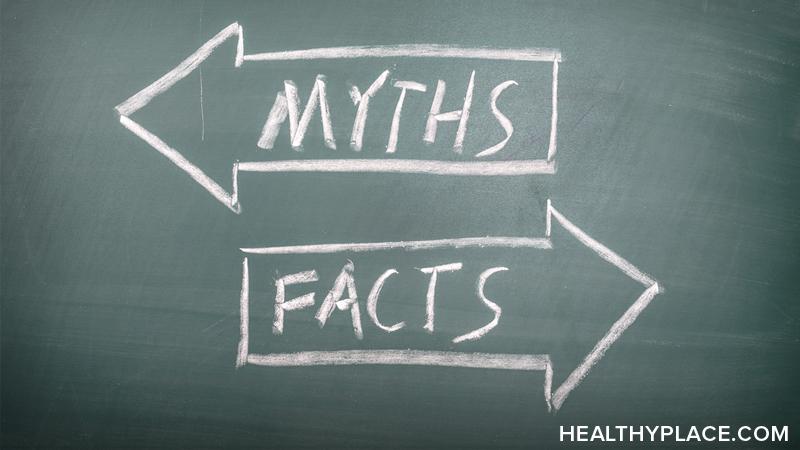Hello folks! I hope you are doing well. I wrote the following piece about some recent misadventures in the search for appropriate medication–I hope some of you can relate:
Accessing ADHD Medication: Legal Barriers Can Make It Difficult

“People with ADHD already struggle to keep track of appointments, follow regulations, and take their medication on time. Some laws even require that you carry controlled substances in their original bottles (so much for pill organizers). Supposedly, it is better to leave medication at home, which is difficult since many stimulants are instant-release and need to be taken multiple times during the day.”





